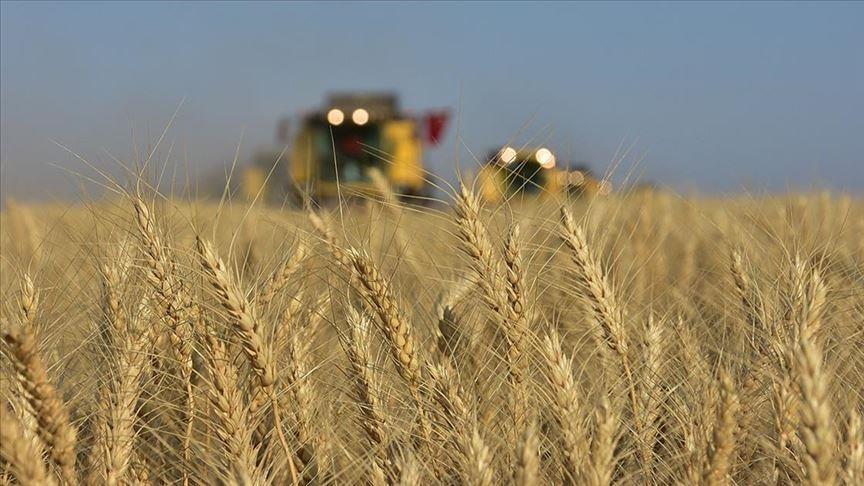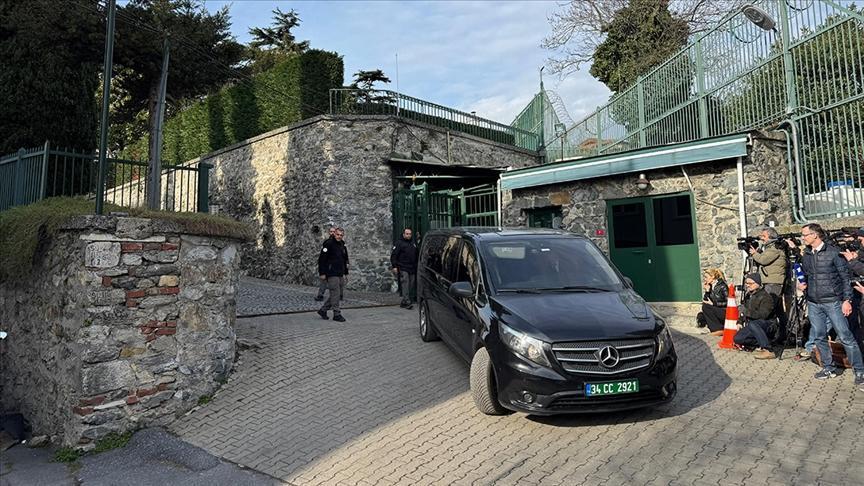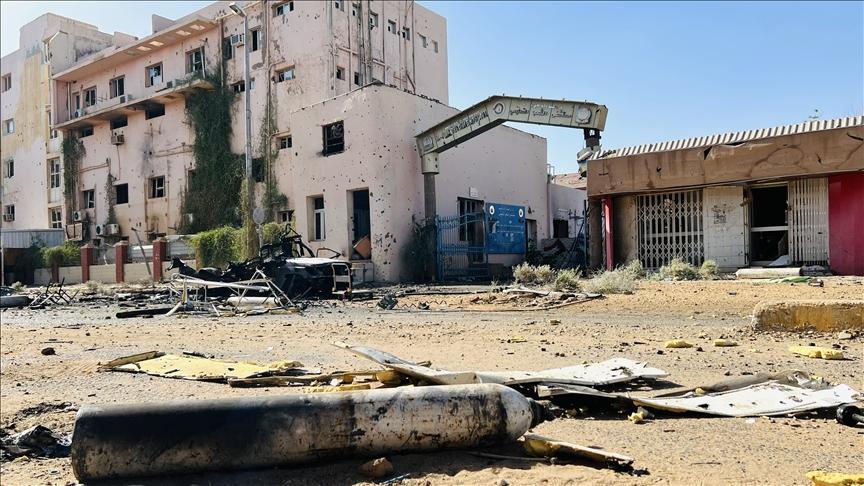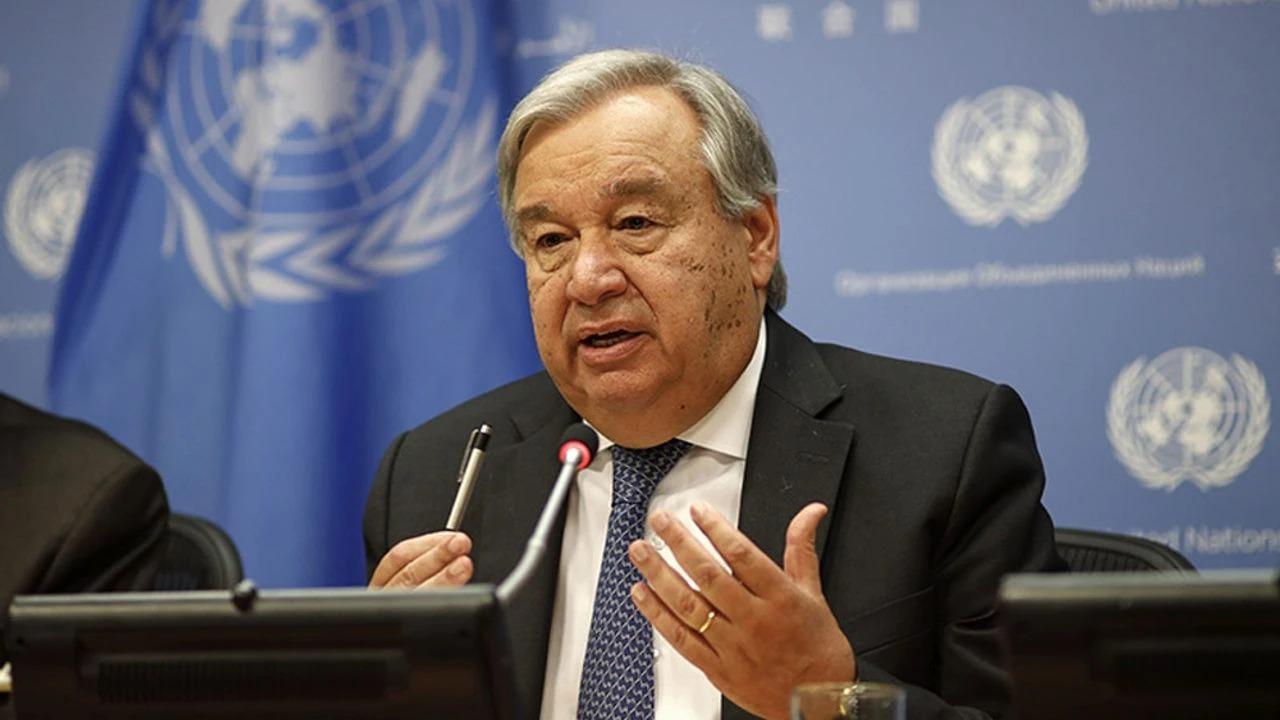Regional conflicts threaten global food security
ANKARA

Regional conflicts, climate crises, and economic uncertainties are pushing countries toward protectionist measures in food and agricultural exports and endangering global food supply security, warned Ayşegül Selışık, deputy representative of the Food and Agriculture Organization (FAO) in Türkiye.
Speaking to state-run Anadolu Agency, Selışık highlighted agriculture as one of the sectors hardest hit by rising global tensions.
“These developments — regional conflicts, climate change and economic instability —are driving some nations to adopt restrictive trade policies,” she said.
Selışık pointed to the interconnected nature of global food supply chains, noting that disruptions disproportionately affect developing nations.
“The Russia-Ukraine war and protectionist policies have restricted access to wheat and fertilizers, fueling global inflation,” she explained.
“Over 50 countries rely on Russia and Ukraine for more than 30 percent of their wheat, while Russia accounts for 14 percent of global fertilizer production, with many European nations depending on it for half their supply.”
She also flagged China’s role, producing 25 percent of the world’s food while hosting 20 percent of its population.
“A problem there would ripple worldwide,” she noted, recalling similar supply chain strains during the COVID-19 pandemic. FAO continues to push for lifting export barriers, she added.
Türkiye, a major player in food production, holds 23 percent of the global flour market and ranks second in pasta output, Selışık said.
It leads in products like olives and hazelnuts but relies on wheat imports for its flour and pasta industries.
“Türkiye faces no immediate food security risks,” she assured. “Yet its dependence on global raw materials makes it vulnerable to export bans. Still, its robust agricultural potential and product diversity position it as a key supporter of food security, not just domestically but for neighbors like Iraq and Syria.”
















